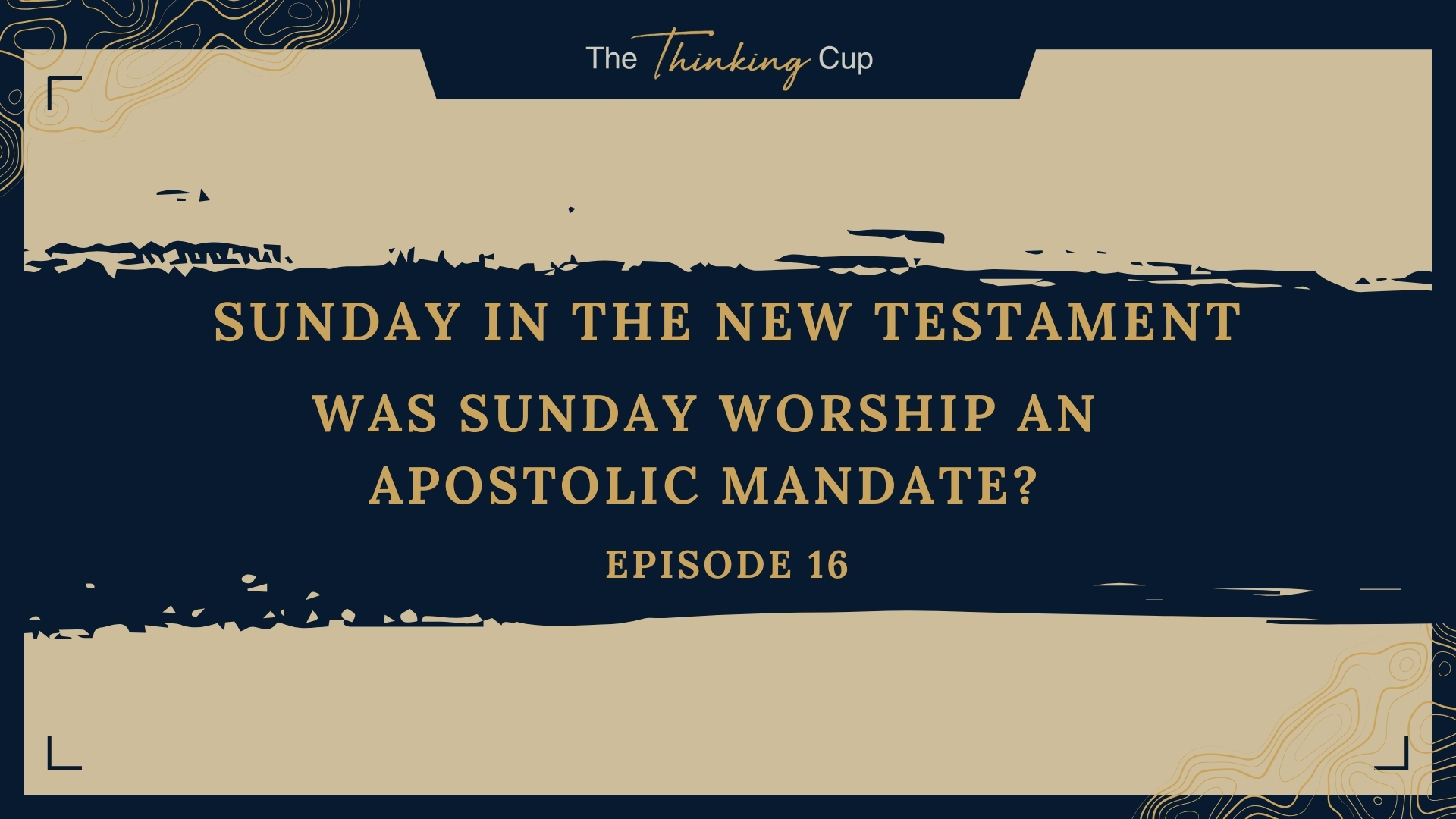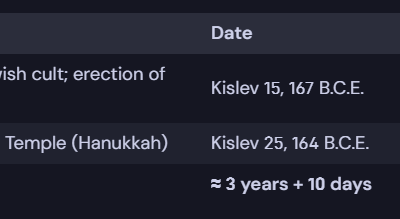It is essential to recognize that the New Testament never refers to Sunday as the Sabbath. Instead, it is always called the first day of the week. Likewise, the term the Lord’s Day, though used by early church fathers for Sunday, does not appear in the New Testament in reference to a specific day of worship. The only instance of the Lord’s Day in Scripture is in Revelation 1:10, where it does not refer to a day of the week at all.
“I was in the Spirit on the Lord’s day, and I heard behind me a loud voice like a trumpet…” (Revelation 1:10, ESV)
The Greek grammar suggests that John was describing a day in which he was enraptured in divine revelation rather than identifying a specific calendar date.
The New Testament does provide evidence that the early church met on the first day of the week. In Acts 20:7–8, 11, Paul met with the believers in Troas:
“On the first day of the week, when we were gathered together to break bread, Paul talked with them, intending to depart on the next day, and he prolonged his speech until midnight. There were many lamps in the upper room where we were gathered…And when Paul had gone up and had broken bread and eaten, he conversed with them a long while, until daybreak, and so departed.” (Acts 20:7-8, 11, ESV)
However, this passage does not describe a Sunday morning service but rather a Saturday night gathering. In Jewish reckoning, a new day begins at sundown. Therefore, the first day of the week began on Saturday evening, not Sunday morning. Paul preached late into the night, meaning that if this were a Sunday morning meeting, he would have preached for over 13 hours, which is highly unlikely. Instead, the church met Saturday evening, and Paul departed on Sunday morning to travel.
Similarly, while From Sabbath to Lord’s Day and other historical sources confirm that Sunday was a widely accepted day of worship by the second century, there is no indication that it was ever regarded as a Sabbath or a mandatory day of worship in the apostolic age.
Turner notes:
“We must conclude that it is barely imaginable that first-day Sabbath observance commenced before the Jerusalem council. Nor can we stop there; we must go on to maintain that first-day Sabbath observance cannot easily be understood as a phenomenon of the apostolic age [1] or of apostolic authority at all.” [2]
Thus, while first-day worship began among Jewish believers in Israel—partly because they continued attending synagogue services on Saturday and needed another time to meet as Christians—this was not an attempt to replace the Sabbath with Sunday or to transfer Sabbath laws to a new day.
Was Sunday Worship an Apostolic Mandate?
Nowhere in the New Testament is there a command that believers must meet on Sunday. The early church’s practice of gathering on the first day of the week is descriptive rather than prescriptive. There is no biblical mandate requiring Sunday worship, nor is there a prohibition against worshiping on another day.
R. de Lacey confirms this:
“Paul’s contribution to our quest, then, is limited but of significance. While he forbids us from stating that Christians may not observe Sunday as the Christian day par excellence, he also forbids us from imposing such observance as a duty upon our fellow believers. Since, at least in much of the world, Sunday is allowed to the majority of us as a day of rest and a day suitable for worship, we may surely gratefully receive it as such; but our study of Paul forbids us from erecting any theological edifice upon this convenient, but fortuitous, fact.” [3]
As we bring this discussion to a close, I want to focus specifically on my Seventh-day Adventist readers. If you choose to observe the Sabbath, you have the freedom to do so, whether as a day of rest or worship. Likewise, if a Seventh-day Adventist congregation prefers to meet on Saturday, they are free to do so. However, just as Sabbath observance cannot be mandated, neither can Sunday observance. Likewise, Seventh-day Adventists step outside the realm of Scripture and impose an extra-Biblical (EGW) interpretation of the Sabbath by claiming Christians must keep the Sabbath, and if they don’t, they will incur their interpretation of the mark of the Beast (Sunday worship). This doctrine and interpretation cannot be upheld by Scripture and is a heresy of the SDA Church. I challenge my SDA readers to stay true to Scripture and turn away from these extra-biblical interpretations the church places on its followers.
While Sunday became the standard day of worship in much of the Christian world due to practical and historical factors, the New Testament never mandates it. The idea of Sunday as the Christian Sabbath is a later theological development with no scriptural basis. There is no biblical prohibition against worshiping on any day of the week, nor is there a requirement that all Christians must gather on Sunday.
Ultimately, under the New Covenant, believers are free to worship on any day they choose. The focus is not on legalistic observance of a particular day but on gathering in unity, worshiping in spirit and truth, and living out the faith in Christ.
In Christian Love,

[1] The common argument that only on such a basis can we understand Ebionite Sunday observance has been shown to be false; see Bacchiocchi, From Sabbath to Sunday, pp. 153–54. The more conservative sect of the Nazarenes observed only the seventh-day Sabbath: ibid., pp. 155–56.
[2] M. Max B. Turner, “The Sabbath, Sunday, and the Law in Luke/Acts,” in From Sabbath to Lord’s Day: A Biblical, Historical, and Theological Investigation, ed. D. A. Carson (Eugene, OR: Wipf & Stock, 1999), 135–136.
[3] D. R. De Lacey, “The Sabbath/Sunday Question and the Law in the Pauline Corpus,” in From Sabbath to Lord’s Day: A Biblical, Historical, and Theological Investigation, ed. D. A. Carson (Eugene, OR: Wipf & Stock, 1999), 185–186.



0 Comments